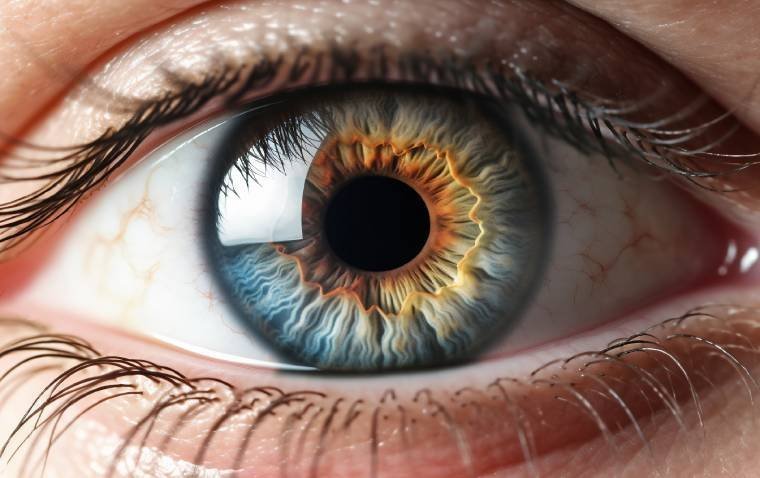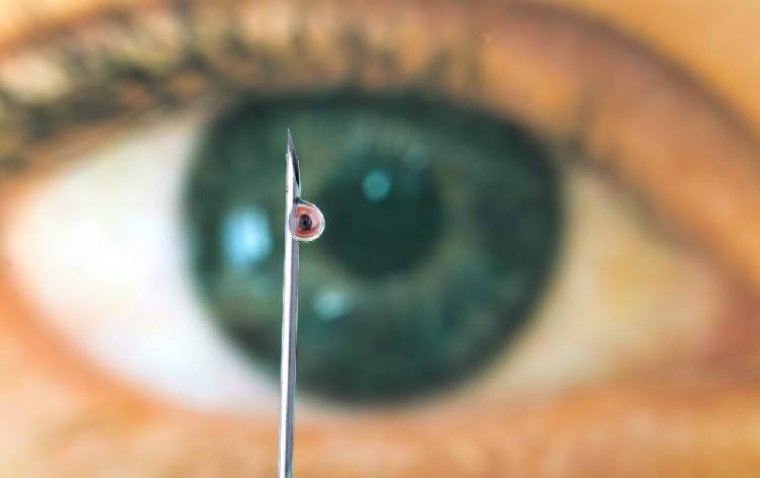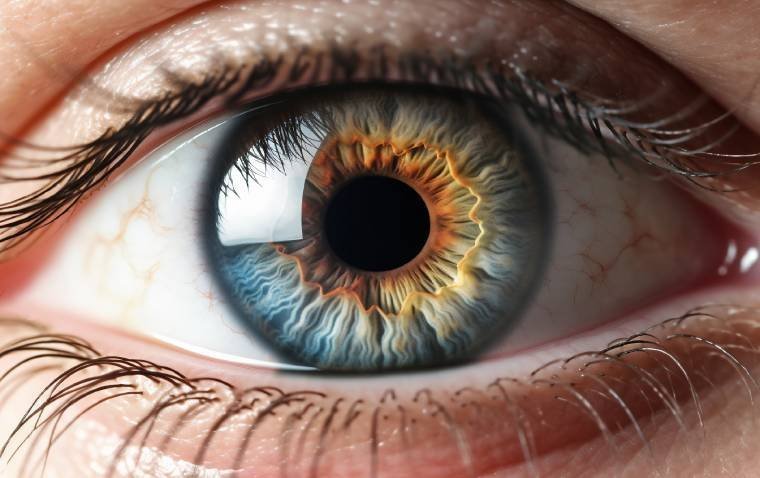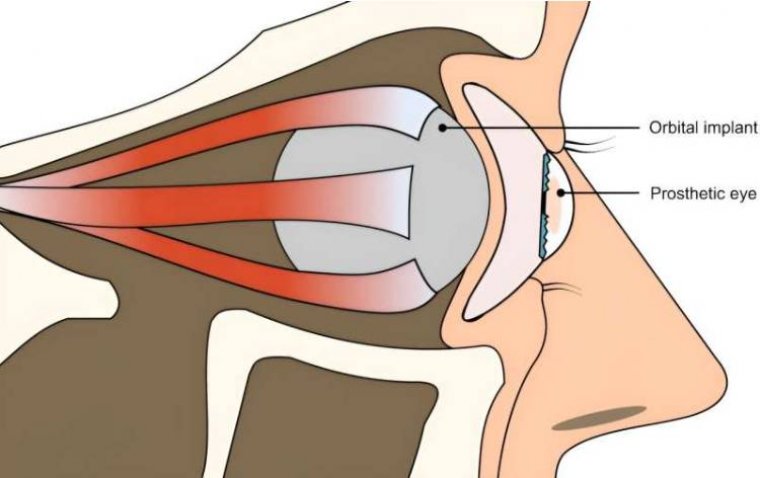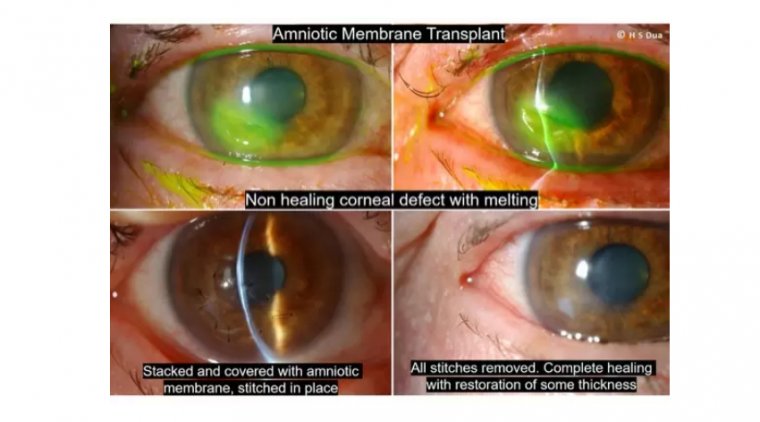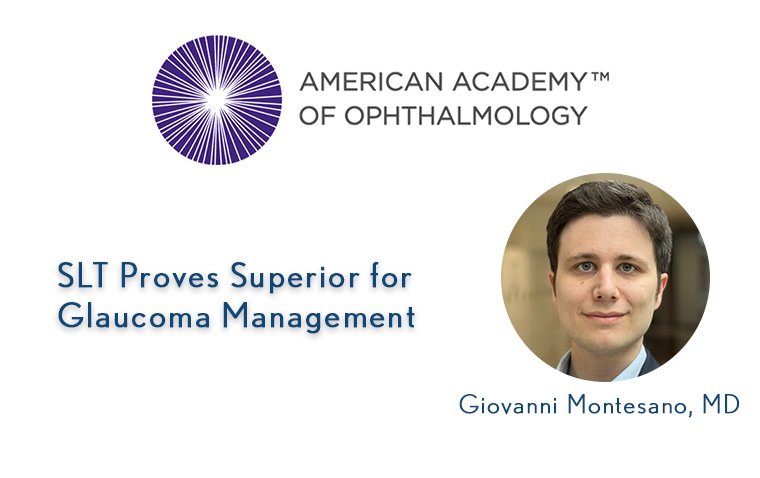
Ziapin2 Restores Retinal Function in Preclinical Models of Retinitis Pigmentosa and Macular Degeneration
A multidisciplinary research team from the Istituto Italiano di Tecnologia (IIT) and IRCCS Ospedale Policlinico San Martino has demonstrated the effectiveness of the Ziapin2 molecule in restoring retinal function in preclinical models of retinitis pigmentosa (RP) and age-related macular degeneration (AMD). The groundbreaking findings, published in Nature Communications, offer hope for future clinical applications in degenerative retinal diseases.
Addressing Retinitis Pigmentosa and Macular Degeneration
Retinitis pigmentosa is a rare genetic disorder affecting approximately 1 in 3,500 individuals, while AMD affects 7–8% of the population, with incidence increasing with age. Both conditions result in progressive degeneration of retinal photoreceptors, leading to blindness.
Currently, no treatments effectively restore vision for RP and AMD. Existing approaches like optogenetics and retinal prostheses have shown limited success due to challenges such as indistinct activation of retinal neurons and poor differentiation of light and dark information in ON and OFF channels, which are essential for contrast sensitivity and spatial resolution.
Ziapin2: A Phototransducer Molecule
Ziapin2, first patented in 2020, is a phototransducer molecule that absorbs light and converts it into electrical signals. By embedding itself in the neuronal membrane, Ziapin2:
• Modulates Neuronal Excitability: Alters membrane properties in response to light without interfering with ion channels or neurotransmitter receptors.
• Restores ON and OFF Channels: Regenerates the physiological antagonism between ON neurons (detecting light presence) and OFF neurons (detecting light absence), enabling natural vision.
Key Preclinical Findings
1. Restoration of Retinal Responses: In models of RP, Ziapin2 reactivated ON, OFF, and ON-OFF responses typically present in healthy retinas.
2. Sustained Visual Function: A single intravitreally injected dose restored light-induced behavior and visual acuity for up to two weeks.
3. Safety Profile: Ziapin2 passed biocompatibility tests with no toxic or inflammatory effects.
4. Inner Retina Impact: Demonstrated efficacy on inner retinal neurons, particularly bipolar cells, which segregate light and dark signals before transmitting them to the brain via the optic nerve.
A Novel Approach to Retinal Degeneration
This research confirms that Ziapin2’s ability to restore complex retinal responses is a breakthrough in retinal therapies. Unlike previous approaches, Ziapin2 directly addresses the retina’s functional integrity at the cellular level.
Researcher Insights
Fabio Benfenati, Head of the Center for Synaptic Neuroscience and Technology at IIT, highlighted:
"The results obtained show that the Ziapin2 molecule is extremely promising for restoring visual response in cases of photoreceptor degeneration. We have been able to demonstrate that Ziapin2 can regenerate the physiological antagonism between the ON retinal neurons, which signal the presence of light, and the OFF neurons, which signal the absence of light at the bipolar cellular level of the retina. The restoration of differential activity is fundamental for complex retinal response to light stimulation, which allows for more natural vision.”
Stefano Di Marco, an IIT-affiliated researcher and Professor at the University of Genova, emphasized:
"In pre-clinical models of retinitis pigmentosa, Ziapin2 restored response to light and contrast for up to two weeks following a single intravitreal injection, without any toxic or inflammatory effects. This innovative approach could represent a turning point in recovery of sight in the field of degenerative retinal diseases."
"Ziapin2 proves to be a key molecule in acting exclusively on the passive properties of the membrane. This study highlights its in vivo efficacy and potential applications,” added Chiara Bertarelli, Professor at Politecnico di Milano and one of the molecule’s inventors.
Future Clinical Applications
The success of Ziapin2 in preclinical models paves the way for potential human trials and new therapeutic strategies for degenerative retinal conditions. By offering a targeted and effective approach, Ziapin2 could significantly improve outcomes for patients with retinitis pigmentosa and age-related macular degeneration.
Reference:
Gaia Ziraldo et al, A membrane-targeted photoswitch restores physiological ON/OFF responses to light in the degenerate retina, Nature Communications (2025). DOI: 10.1038/s41467-025-55882-2
(1).jpg)
